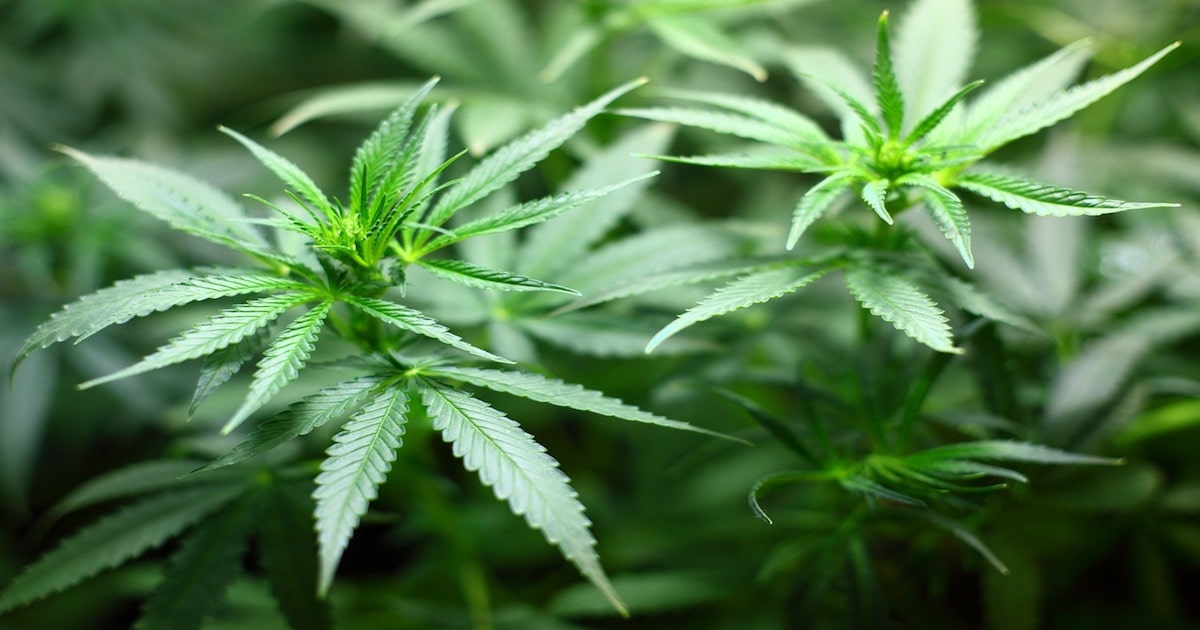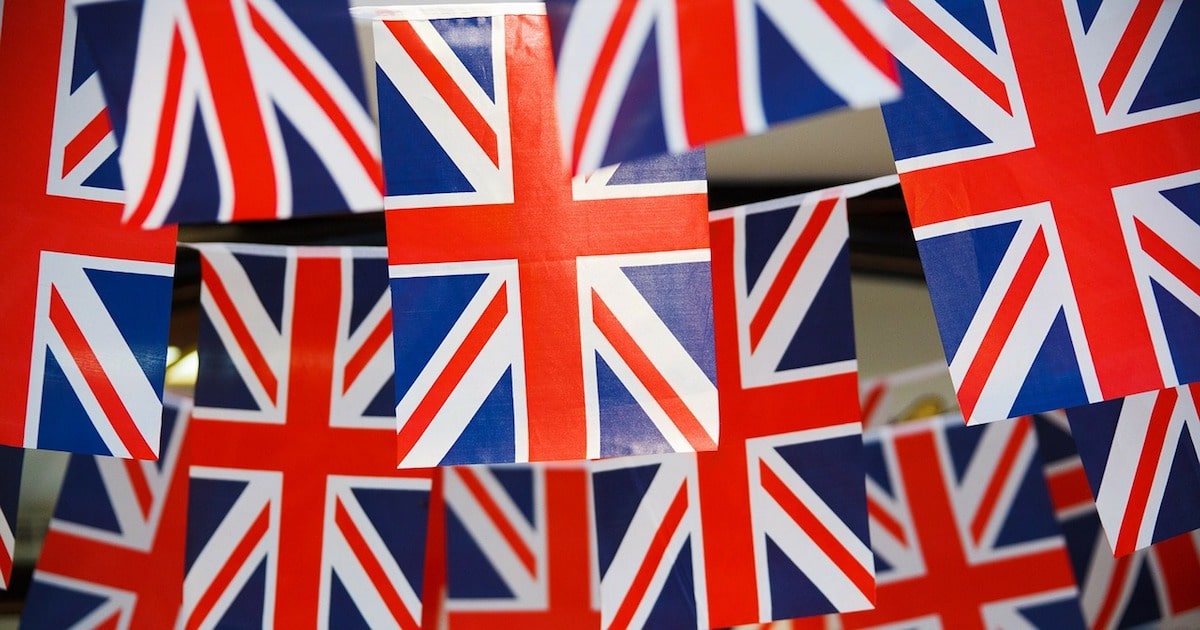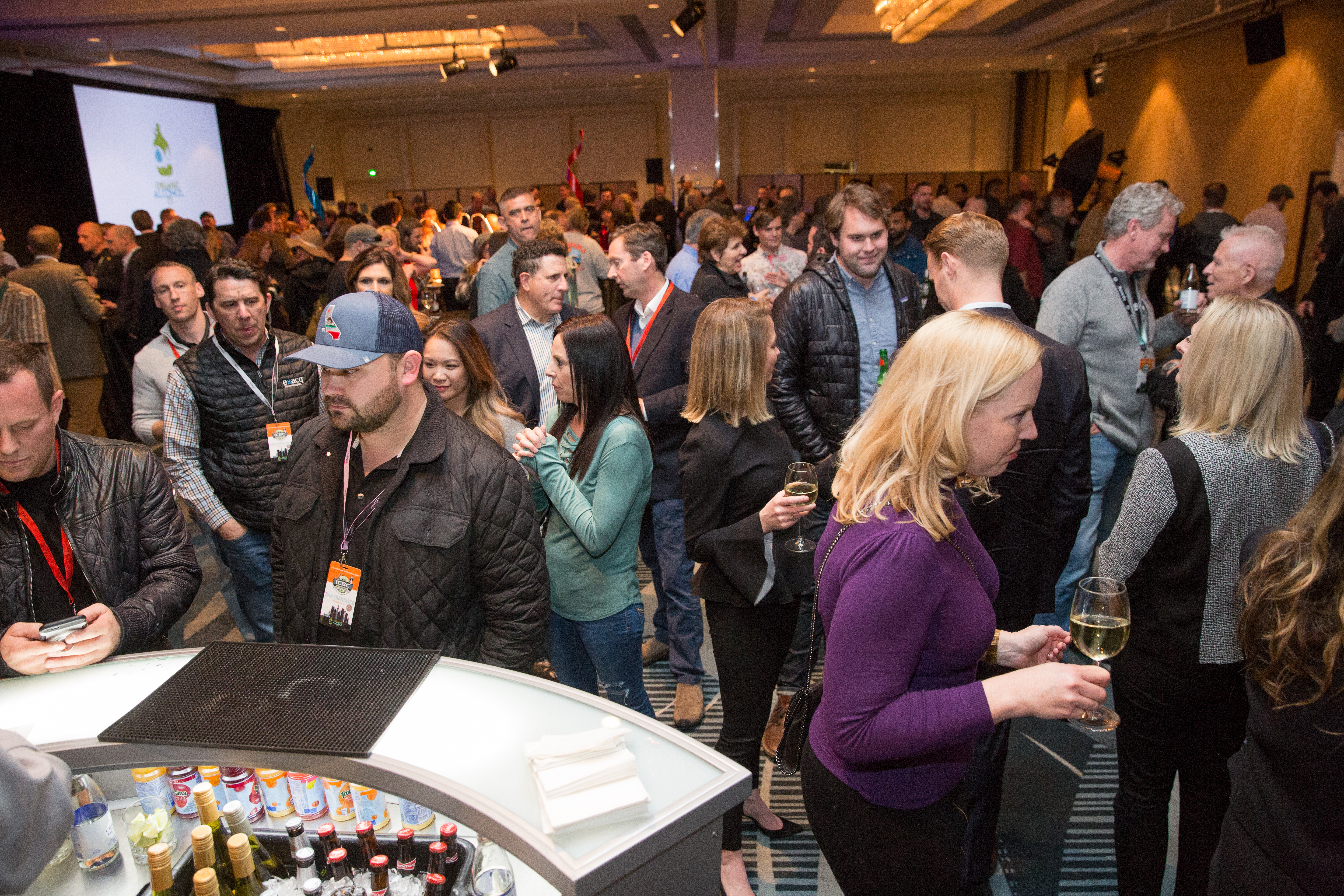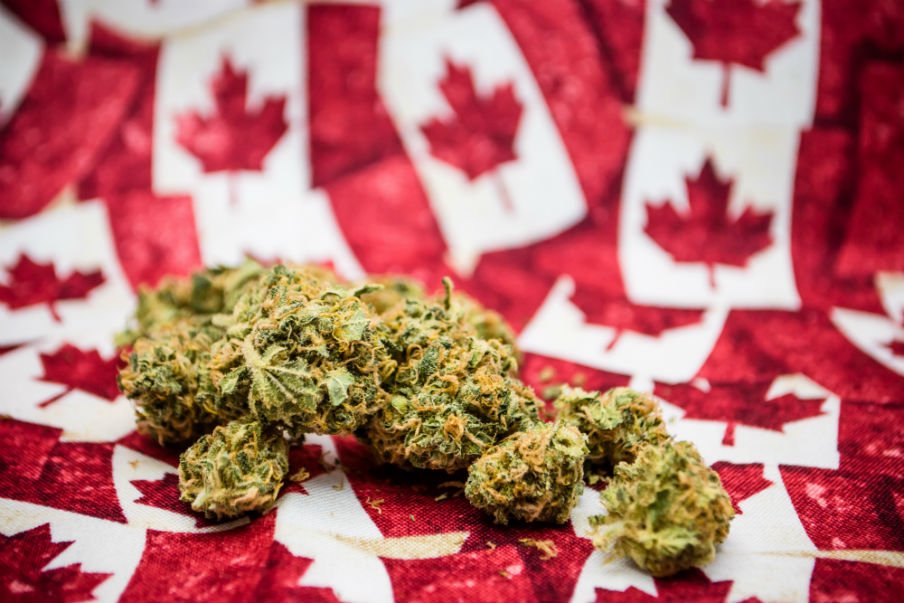
Lift Resource Centre’s Jamie Shaw on the Canadian Cannabis Scene Ahead of the ICBC

Lift Resource Centre’s Jamie Shaw on the Canadian Cannabis Scene Ahead of the ICBC
Anthony Johnson: Jamie, you’ve had quite the career already, working in entertainment and the cannabis industry. What are your current projects?Jamie Shaw: I work with Lift Resource Centre which utilizes trained nurses to provide ongoing education about medical cannabis and assists patients with their medical recommendation. I’m also working a lab that wants to test dispensary products in Vancouver despite Health Canada’s threatening other ones. Additionally, I’m helping several dispensaries get the proper licensing with the city of Vancouver, and still consulting with some municipalities developing their own regulations.
How have recent medical regulations impacted the Canadian cannabis industry?
New medical regulations really impact other parts of the country, more so than in Vancouver. Recent changes are both good and bad news for the cannabis community. Problems certainly still exist. Barriers to access still exist. The federal government is moving at a different speed than municipalities, giving us a patchwork of regulations across the nation.
People that were once legal, became illegal and are now jumping through regulatory hoops hoping to become legal again.
What are some of the issues that you are most concerned about?
Taking care of patients as they too often are getting left behind. Some clinics have come out against personal growing. Lift Resource Center approves of home cultivation, but many medical providers don’t. Health Canada refuses to call cannabis a medicine, so many doctors won’t help license people under the federal system and patients still suffer discrimination. College’s suggest no one with addiction issues should use medical cannabis, which is ridiculous when so many people use cannabis to get off their addiction.
So many issues are still remaining from the previous administration. It was a lot of issues that brought in the Liberal Party, but their more progressive cannabis policy was certainly one of the reasons. It is a different battle now that we’ve replaced the Conservative Party. Despite our progress, there are so many concessions that we have to make, it creates different set of obstacles. We’ve see this at the local level previously here in Vancouver with a progressive political establishment and now it is happening at the federal level. All of the rules can impose too high of barriers to entry. Unfortunately, patients aren’t taken into account enough.
How as Vancouver taken the lead in regulating cannabis?
Vancouver was the first major city in Canada to announce dispensary regulations, where some could potentially provide to all adults, even before Trudeau took office. Vancouver has about 90 dispensaries in the town, 7 that have already received licences from the city indicating that they have proper zoning.
In Vancouver, back in 2003, the city instituted the Four Pillars drug policy calling for the decriminalization of all drugs and it has been fighting the federal government on cannabis and other drug policies. Very rarely are there cannabis arrests, but when you get outside the city, the law drastically changes. Even with the great progress, there are issues as some dispensaries have been fined for operating without a license and others are suing the city.
What advice would you give to ICBC attendees, either in the industry or thinking of joining?
Do what you think is right and keep plugging away. If you try to read the wind, you’ll just get confused, or concede things that are important. There is a patchwork of laws that poses issues for those in the industry, regardless of the country or local government. The patchwork has allowed Vancouver and Victoria to take the lead here in Canada and we’ve seen similar situations in the United States, with California, Colorado and other states experiencing one set of laws for different localities.
Also, that I think that it is important to share knowledge and experience, to learn from everyone else. Sometimes we Canadians think that what goes on in the U.S. is all about the U.S., and that we’re different, but we’ve seen the same patterns, for example the Bay Area of California’s industry evolution very closely mirrors that in the Lower Mainland of BC. .
Are Canadians following this year’s U.S. elections? The cannabis community here is paying close attention to California’s Proposition 64 legalization measure, along with a very interesting presidential race, of course.
Yes, definitely. California absolutely will greatly impact the international legalization debate. The global cannabis industry is hampered by U.S. federal policy and, while we are already seeing cross border cooperation in business, but the full potential will never be realized until the United States government reforms federal law. California is certainly a key to U.S. national policy.
Canadians are also paying attention to the U.S. presidential election. I saw a tweet during the presidential debate that stated, “It is really nice of Americans to roast us a turkey on our Thanksgiving.”
You’ve had past experience in the entertainment industry, what do you think about how cannabis is now portrayed?
Cannabis’ portrayal in today’s entertainment mediums absolutely helps, it’s been a huge thing. Prohibition has tried to minimize cannabis use, delegitimizing us as fringe. While some shows have taken cannabis as a sole topic, such as Weeds, I really appreciate the growing examples of instances where cannabis is just a normal part of people’s lives, which better reflects reality.
Share article


Share article
Join Our Awesome Community
Join Our Awesome Community
Join Our Awesome
Community
Get all the latest industry news
delivered to your inbox







